April 5:
· Parents have abandoned the hatchlings/nestlings—Are you SURE of this? Just because you don’t see the parents doesn’t mean they’re not feeding the babies. As long as the babies are quiet in the nest, the parents are still feeding. They’re not going to fly in with food while you’re hovering over/around the nest. Position yourself where you can see the nest but not be seen, and odds are you’ll start seeing parents flying their little wings to the bone to feed gaping beaks. If the babies remain vocal, constantly crying for food, and seem to be getting weaker, then call your nearest rehabber before intervening.
· Babies are out of the nest—Are these “babies” fully feathered? Do they have short tail feathers and are they flying awkwardly and begging for food? If so, they’re fledglings and the parents are still feeding them as they develop their flight skills and learn to find their own food. Unless they’re in imminent danger from predators such as cats or dogs, leave them alone and let the parents finish raising their babies.
· One of the parents is dead; you know this for a fact—While the male can feed the babies, he cannot brood them, so call your nearest rehabber for advice. S/he may suggest waiting to see which parent is still living or taking immediate action to make sure the babies don’t die from hypothermia, as unfeathered hatchlings/nestlings are unable to regulate their body temperatures.
· The cat had the baby in its mouth/paws—Immediate action is necessary, even if you don’t see wounds. Cat saliva is designed to break down flesh, and the bird needs medical attention ASAP. Call your nearest rehabber immediately.
· The dog had the baby in its mouth/paws—see above. While dog saliva isn’t as toxic as cat saliva, it’s still pretty deadly to birds.
· The baby fell and I know where the nest is—Is the baby uninjured? Can you reach the nest? Place the baby back in the nest.
· The baby fell and I cannot locate/reach the nest—Call your nearest rehabber.
· The baby fell and appears to be injured—Call your nearest rehabber.
· And a final note: Under NO circumstances should you feed a baby bird unless directed to do so by a rehabber! Too many well-meaning idiots feed baby birds the wrong foods and condemn them to death as a result. Foods to ALWAYS avoid for birds:
1. Milk. Birds don’t have boobs, people. Birds cannot digest milk.
2. Bread. All this does is stop up the crop. It has no nutritional value.
3. Crackers. See #2.
4. Processed meats. This means no ham, bologna, deli slices, hot dogs, etc.
5. Anything salty. This includes cured ham.
6. Tea. Caffeine kills birds.
7. Water. If you don’t know what you’re doing, it’s very easy to get the water into the lungs and cause aspiration pneumonia.
So what CAN you feed a baby bird? That will depend on your local rehabber, whom you WILL call ASAP, right? My personal preference is that callers feed nothing and meet me ASAP so I can start the bird(s) off on the right diet immediately. Remember, time is of the essence in getting baby birds to a qualified rehabber: some species, like our Carolina wrens above, need feeding every 5-10 minutes for several days after they hatch, or their systems will start to shut down.
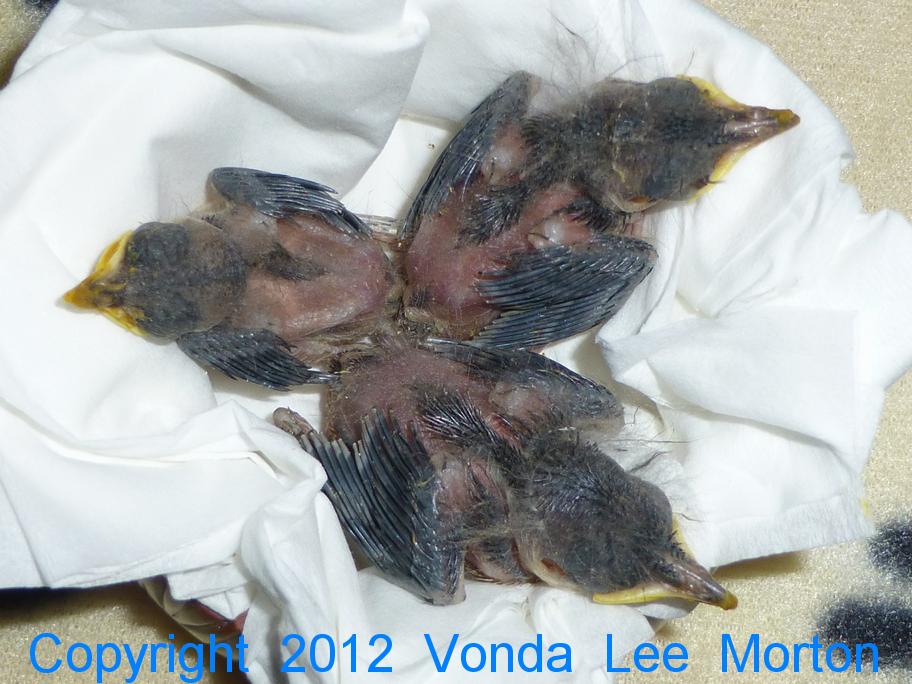
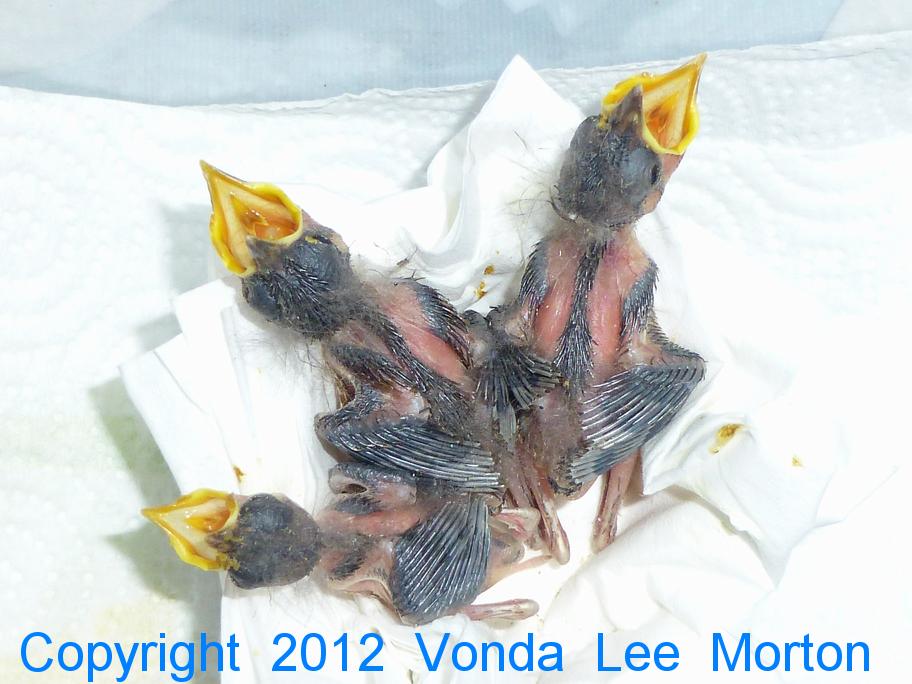
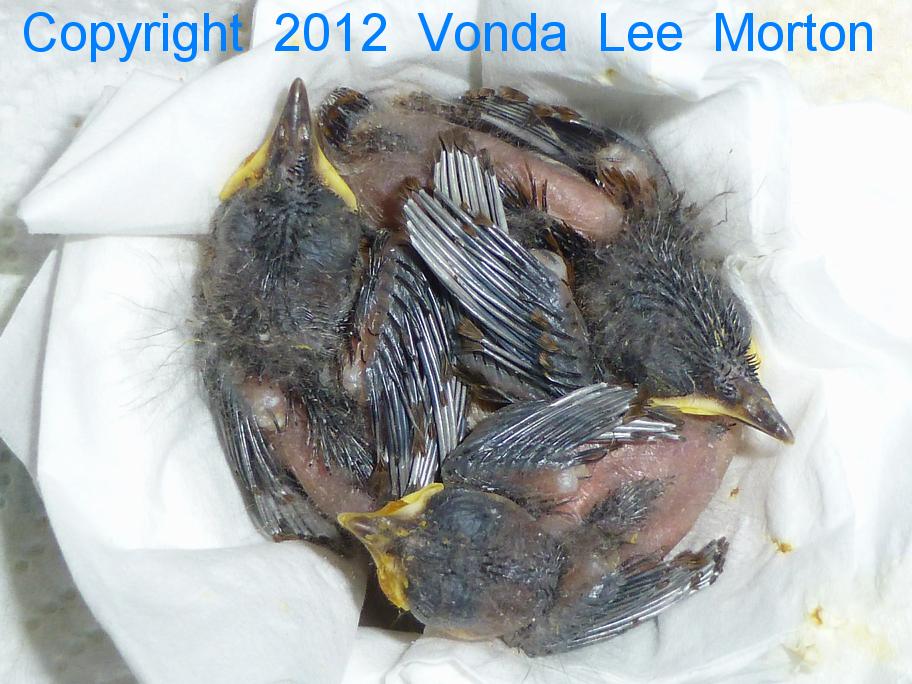
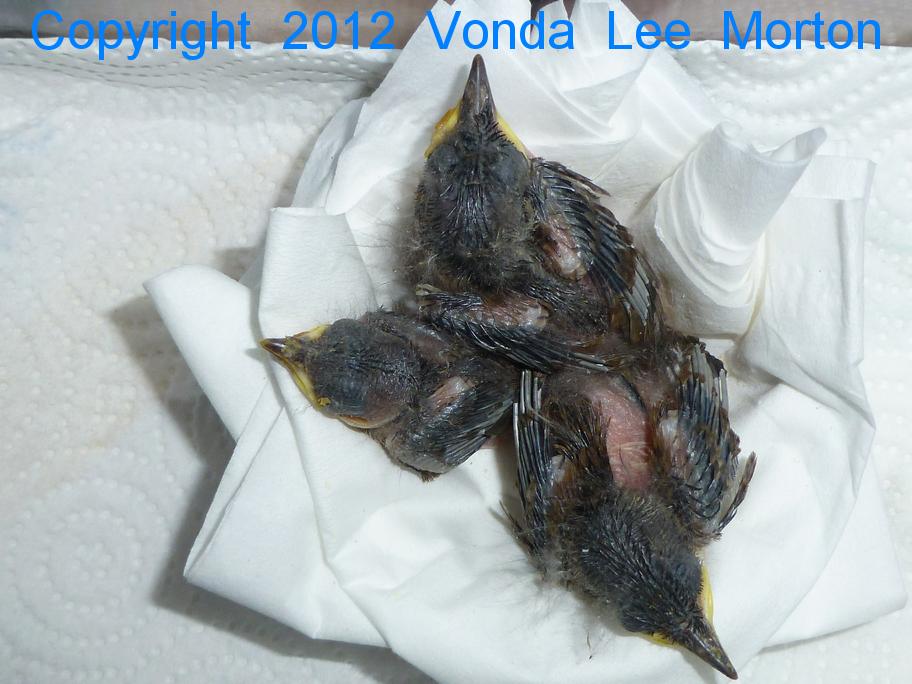
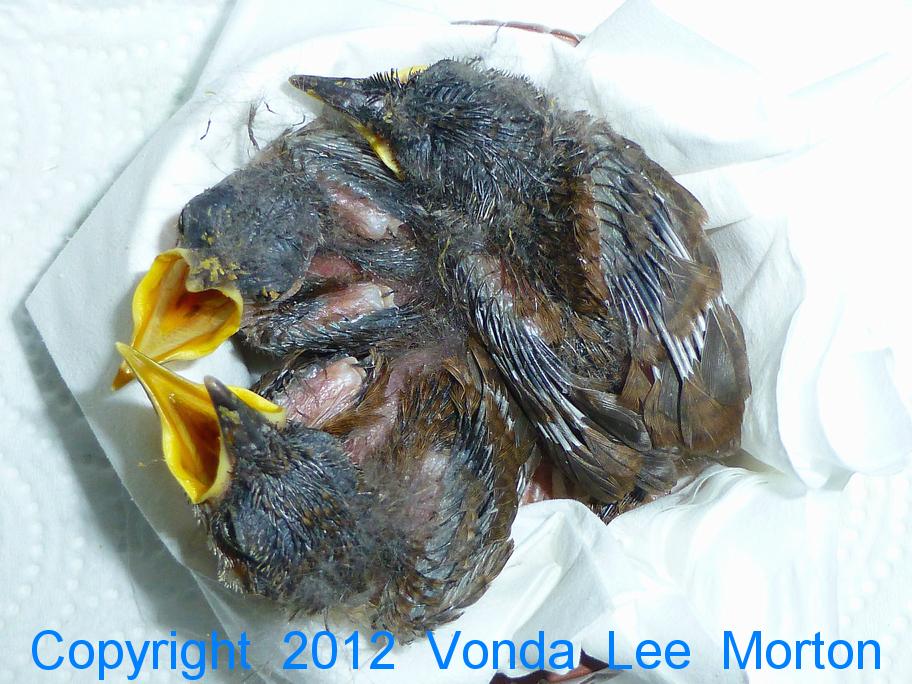
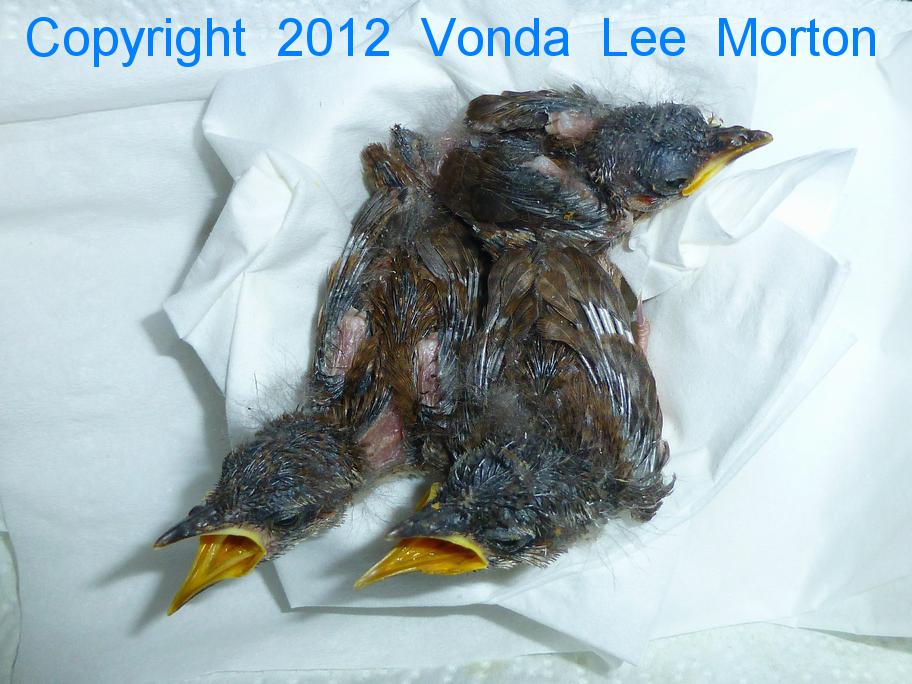
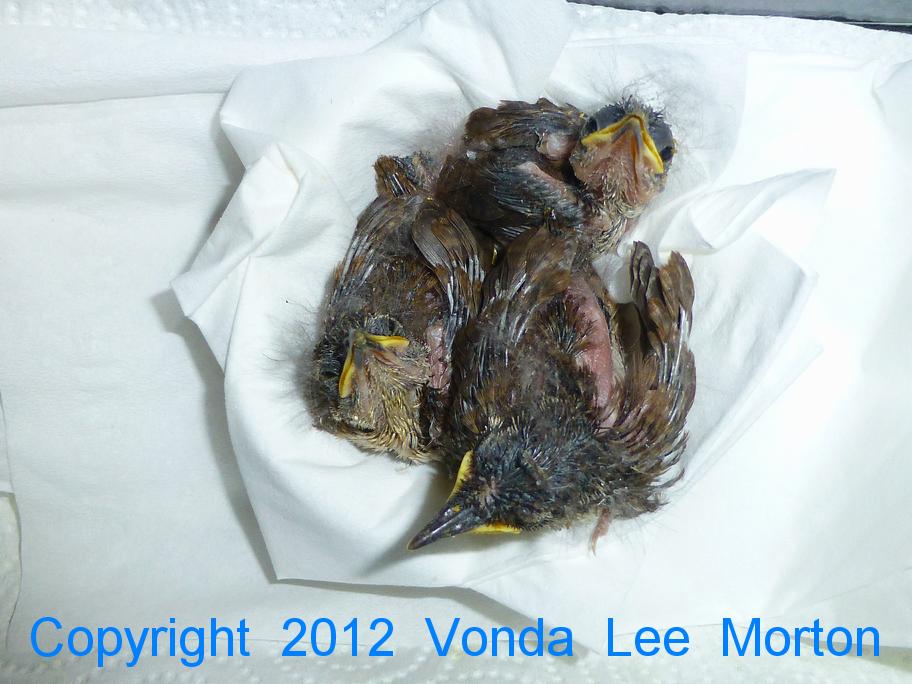
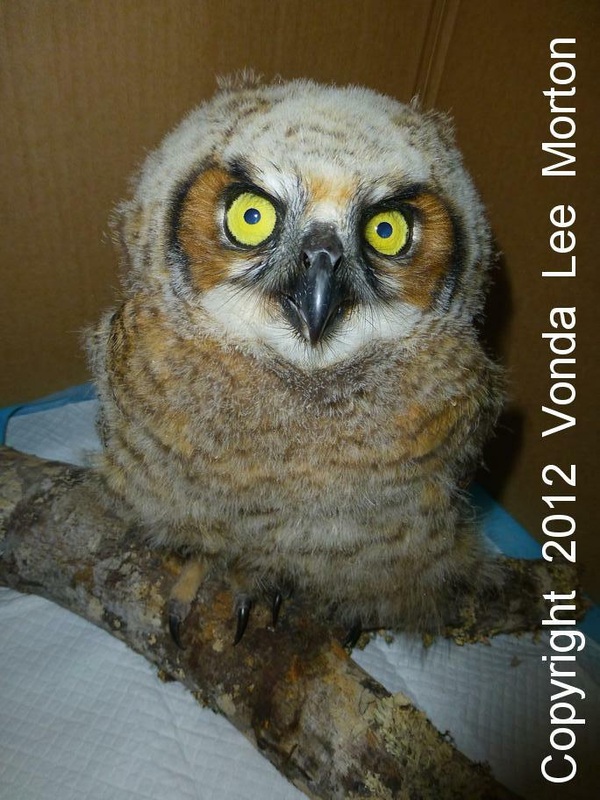
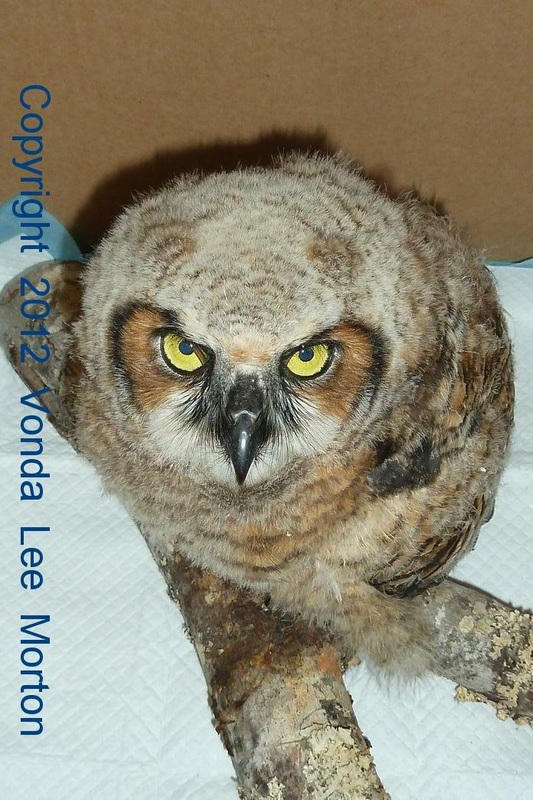
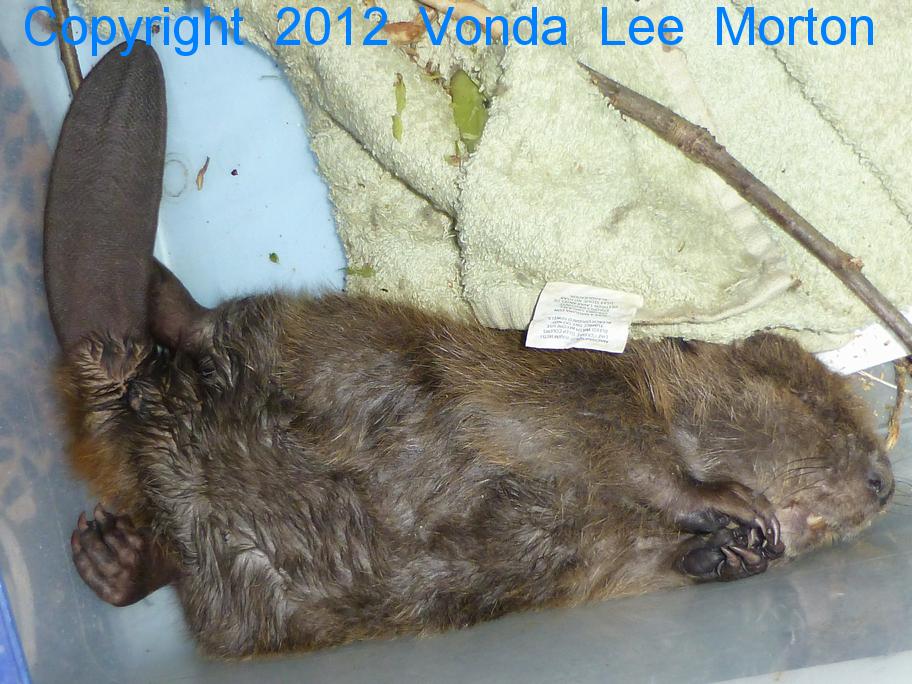
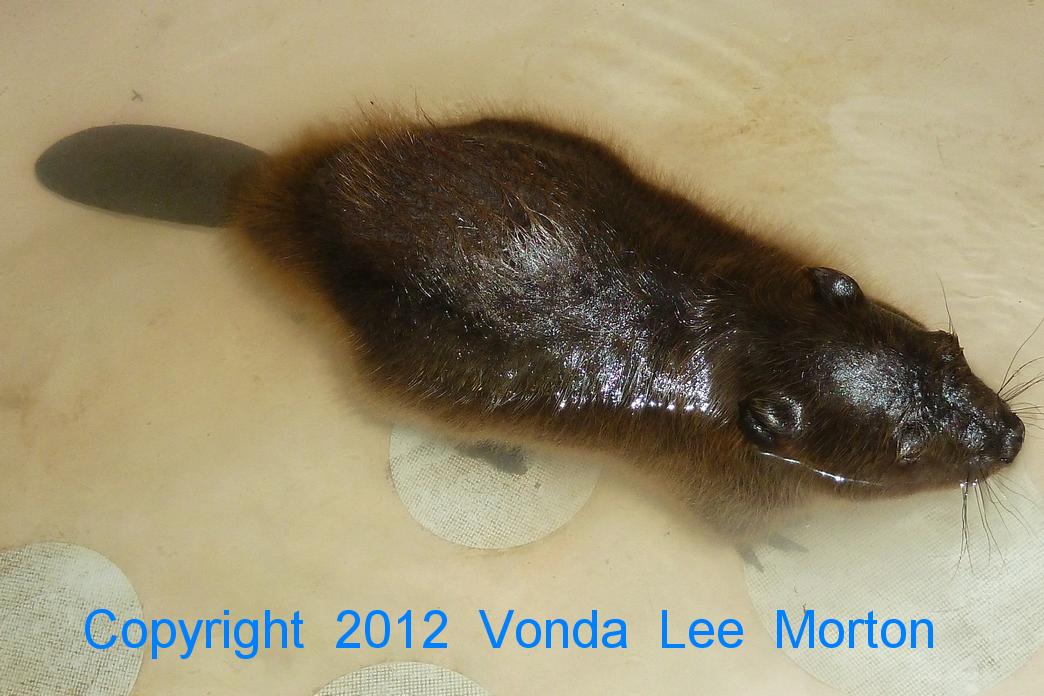
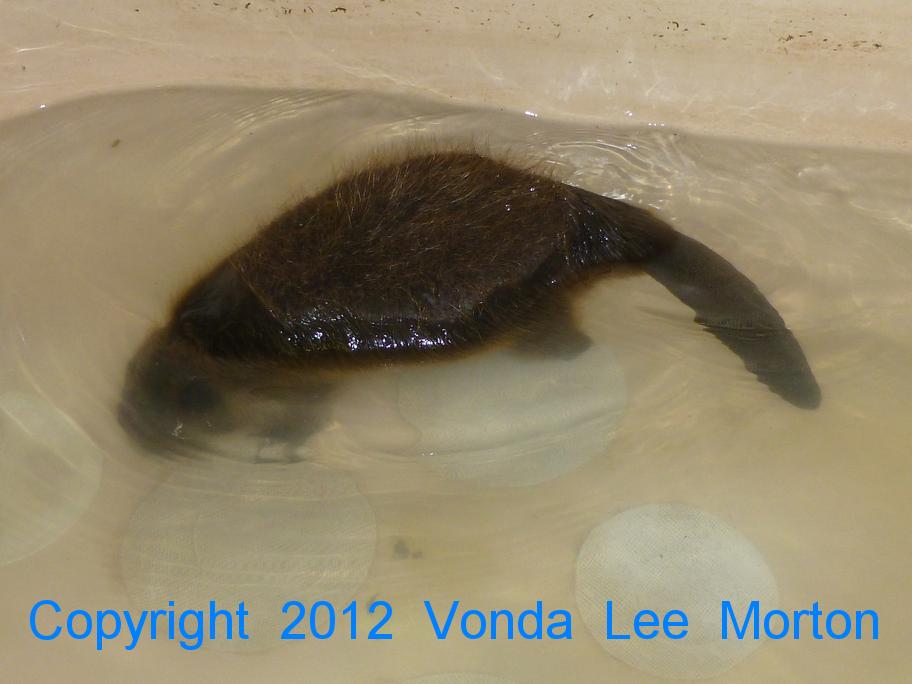
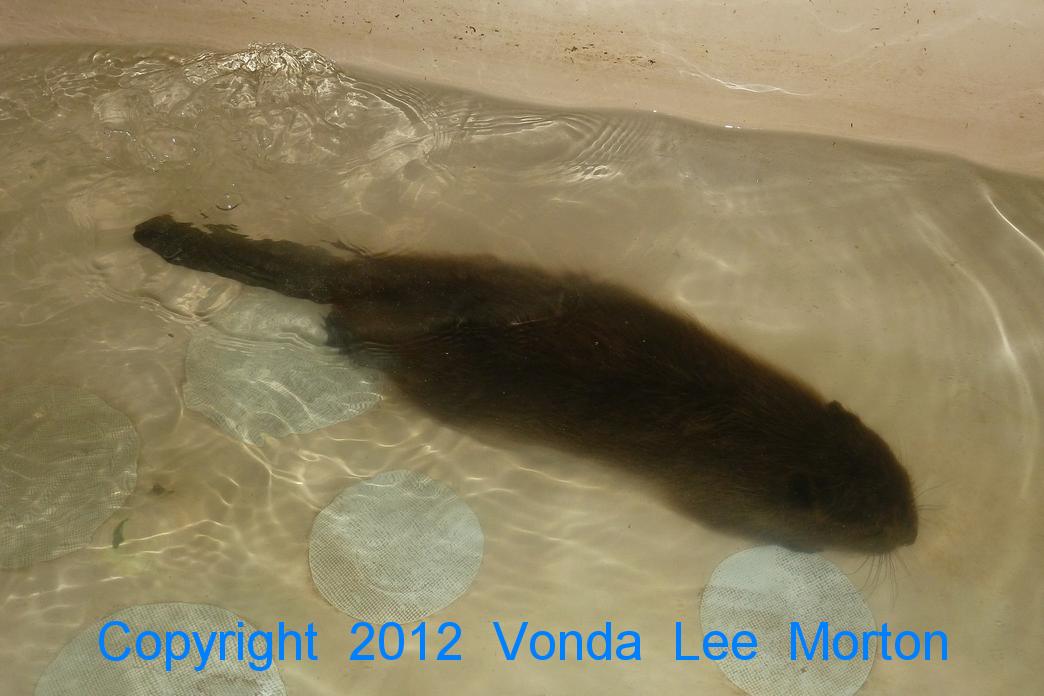
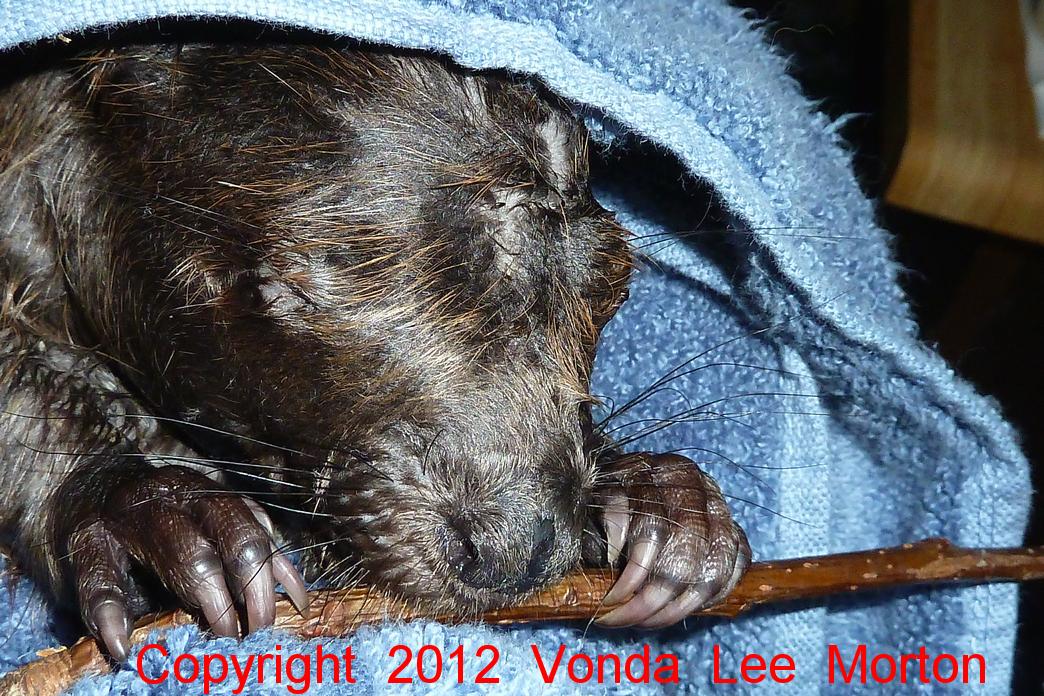
 RSS Feed
RSS Feed
